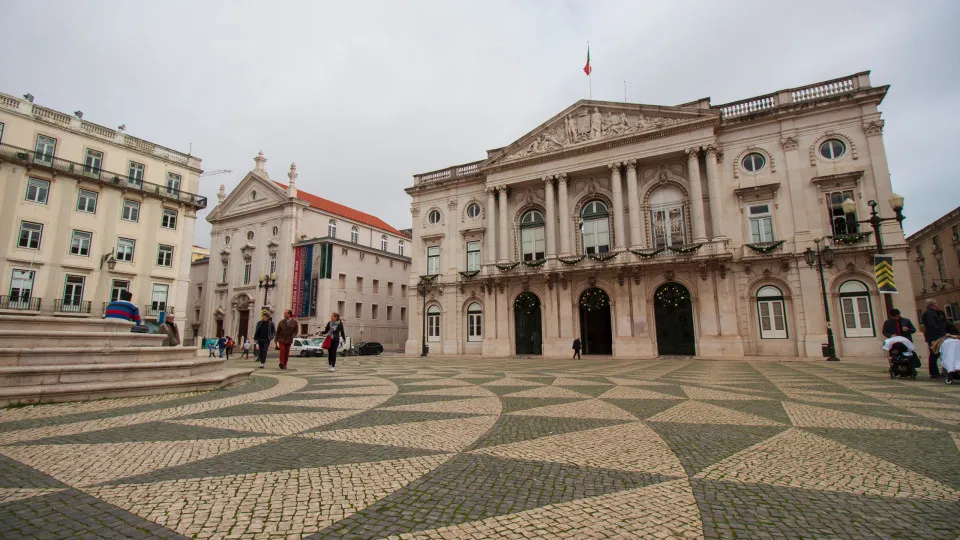“Regarding the expulsion or removal of third-country nationals from the European Union territory within Portugal, I believe that the law, as it stands, is already sufficiently adequate,” stated the researcher from the University of Minho, who teaches subjects such as Migrations and Human Rights.
“The government’s narrative has always been, as it was with nationality or family reunification issues, that the law or situation left by the Socialist Party [in migration matters] is a mess, but that is not true, at least from a legal standpoint,” she emphasized.
The government has announced plans to review the legislation to facilitate the expulsion of irregular foreigners, indicating that detention periods may be extended and administrative safeguards reduced within the framework of the announced revision of the European return directive associated with the Migration and Asylum Pact.
The current regulations, part of Chapter VIII of the Aliens Act on “removal from the national territory,” already provide for voluntary and coercive removal, sometimes immediately if there is a risk, a “normative framework that already allows safeguarding the state’s interests,” the professor stated.
“One thing is the institutions’ ineffectiveness in enforcing the law, another is claiming that the problem is the normative framework,” she warned, stressing that any legislative changes must adhere to the limits imposed by the 2008 EU return directive.
In 2020, the European Parliament concluded that in 2017 only 41% of removal orders were executed due to the institutions’ inability to enforce coercive decisions, an ineffectiveness affecting all EU member states, including Portugal.
“This is a problem that needs to be combated,” but “it should not come at the expense of procedural guarantees” included in the directive and Portuguese legislation, said Patrícia Jerónimo.
I think these legislative measures and the government’s proposals are all part of a bit of a staged show of force at the borders.
In Portugal, there is the “perception that border authorities cannot or have limitations in removing people who are here irregularly,” but the “law has various mechanisms that solve this problem,” though institutions cannot always implement them.
Immigrants with deportation orders can be detained, but this requires detention centers to have capacity or prisons to have dedicated wings, which is not always the case, she exemplified.
“As already happened concerning family reunification and nationality, I think these legislative measures and the government’s proposals are all part of a bit of a staged show of force at the borders,” because, effectively, “our law is not an open-door law, as it is said around,” she emphasized.
Therefore, “I do not anticipate a structural change” in the law, but rather new deadlines and some guarantee limitations, valid only if they respect the Constitution and international agreements that Portugal must adhere to.
An example is the need to evaluate each asylum request individually, which “requires financial resources invested in the system.”
“Directives always aim to create common minimum denominators at the EU level,” but there is room to “extend detention periods” or introduce exceptional criteria in case of mass entries, provided they are communicated to the European Commission.

However, limiting the possibility of seeking asylum or judicial appeal are topics that will be more difficult to change because both the EU and the Portuguese Constitution impose restrictions.
“It is evident that if there were no guarantees, such as the right to appeal a deportation decision to court, everything would be much easier, but it would violate EU law and Portuguese constitutional rules,” she said, recalling the recent Constitutional Court statement that “access to courts is a right recognized not only for Portuguese citizens but also for all foreigners and stateless persons in Portuguese territory.”
The university professor lamented those who criticize this price to pay since “there is a whole set of rules that obviously require work, cost money, and demand resources, but that’s the cost of a democratic rule of law.”
“If they complain about the costs of having a democratic rule of law that respects human rights, imagine the costs of a state that does not respect them,” she further commented.




